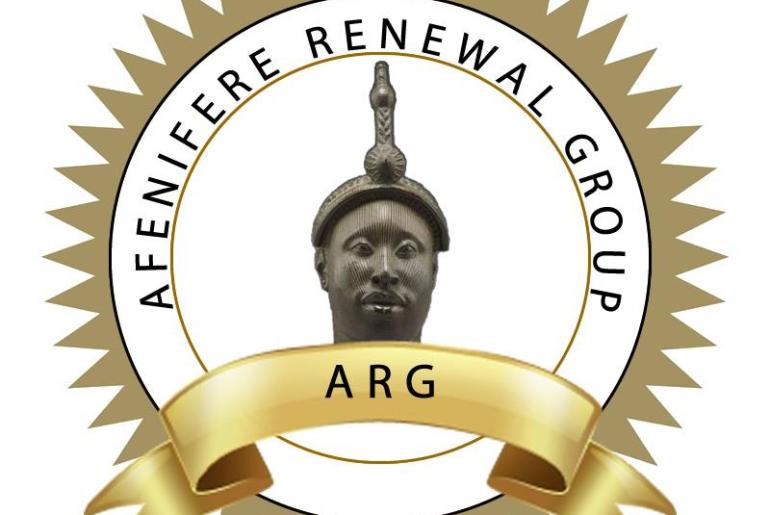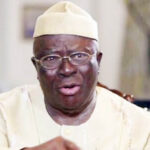For Afenifere, the pan-Yoruba socio-cultural and socio-political organisation, there is no consensus yet on the call for adoption of regionalism.
Our correspondent contacted both spokespersons of Afenifere loyal to Pa Reuben Fasoranti and Pa Ayo Adebanjo respectively.
While there was no response from the faction loyal to Pa Adebanjo, as at press time, the National Publicity Secretary of the Afenifere, loyal to Pa Fasoranti, Comrade Jare Ajayi, said the resurgence of calls for regionalism could be due to the desire of many Nigerians for the country to truly operate as a federation.
“This is to accelerate the pace of development and enhance people’s participation in their own affairs,” he said.
While responding to Weekend Trust inquiry, Ajayi stated that the present system is not serving the country and its people well, adding that, “any arrangement that would make Nigeria a true federation is what Afenifere affirms.
“Afenifere has been consistent in its advocacy for Nigeria to return to actual federalism in its true sense as was practised prior the nation’s independence and in the First Republic. At that time, each federating unit was autonomous to the extent that it evolved and executed policies suitable for its purpose. For instance, the education programme of the then Western Region was different from that of Eastern and Northern Regions — to mention just one instance. The former was able to even have a representative in the United Kingdom to serve its interest in addition to various other programmes it initiated because of the latitude the regions had then.”
Ajayi, who stated that regionalism is not necessarily anti-thetical to the restructuring that Afenifere has been agitating for, added that the unification of the country led to the unitary system that it has been running. A system, which according to him, killed the initiative that federating units used to have.
“For instance, in the years gone by, the Western Region operated a six-year primary education, modern school, Grade Three and Grade Two Teachers Education and Technical Colleges – in addition to HSc, Higher School certificate which came to be known as Advanced Level. The Eastern and Northern Regions did not have modern school. Primary school education in the North even ran up to primary seven,” he added.
He said even when regions were abrogated and 12 states were created the then Western State maintained what it met on ground. He added that it was the subsequent military government of General Olusegun Obasanjo that put a final nail on the relative autonomy that constituent political entities in the country used to enjoy.
“Whether it would come in form of devolving more powers to the existing federating units (i.e. states) or in form of regions that some are canvassing for, the important thing is to allow the units to have greater control over their affairs,” he said.
The Afenifere spokesperson was of the opinion that regionalism is neither antithetical to development nor does it circumscribe the powers of states within the given region. He noted that the states can operate near autonomously within their respective jurisdiction on local issues.
“States within the given region can have common policies on major issues like education, agriculture, transport and so on. Regionalism has a lot of benefits in that it promotes the pulling of resources together, especially among people of similar culture and values,” he further stated.
He maintained that under that arrangement a particular section of the region cannot dominate as head as such would rotate among the constituent states.
“Meaning that each of the states would have its turn as Premier or Chancellor. In any case, the proposal to return the country to regionalism and even parliamentary system of government can be subjected to public debate on the floor of the National Assembly, state Houses of Assembly and in the courts of the public. The consensus arrived at would then be the choice to make”, he added.

 Join Daily Trust WhatsApp Community For Quick Access To News and Happenings Around You.
Join Daily Trust WhatsApp Community For Quick Access To News and Happenings Around You.


